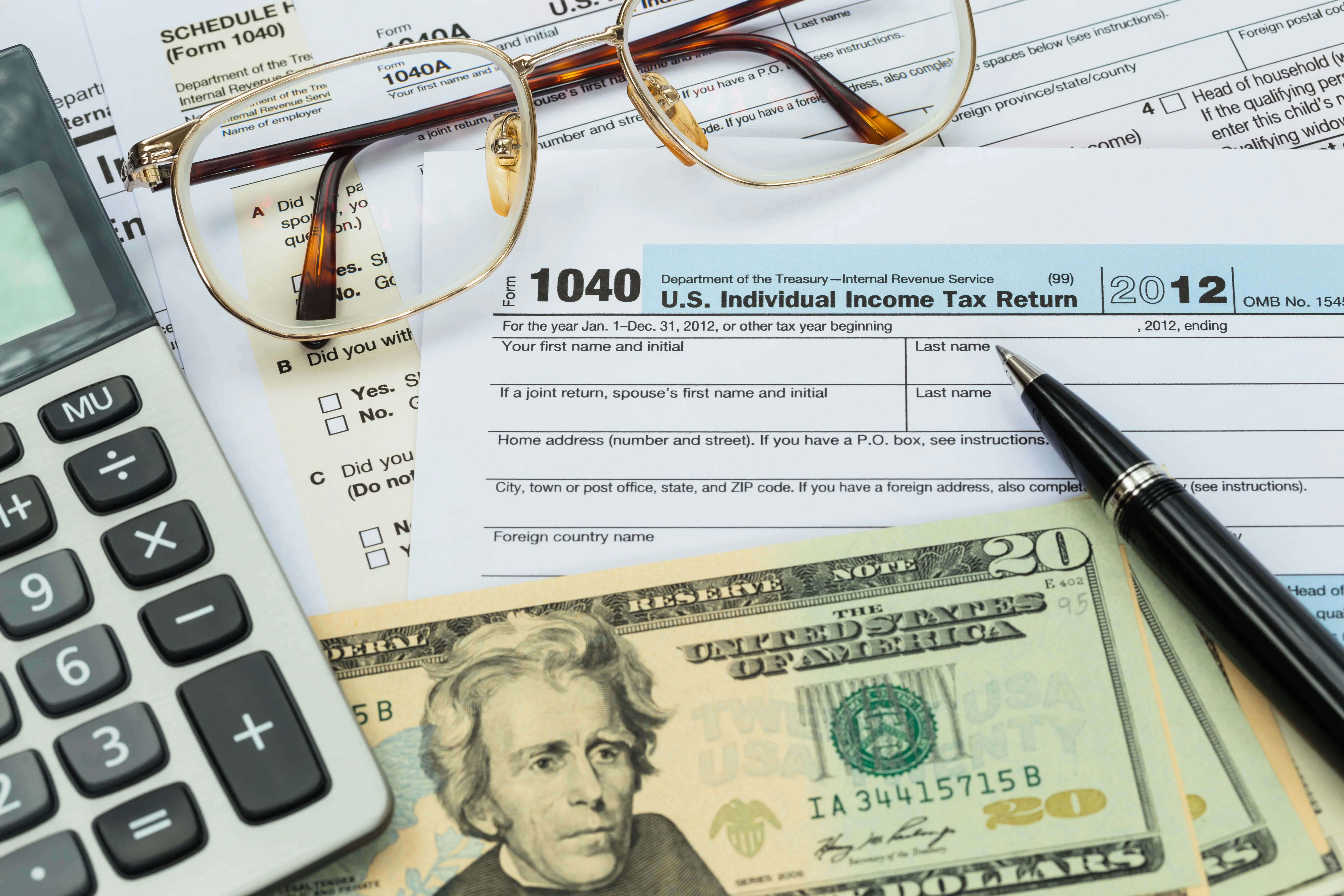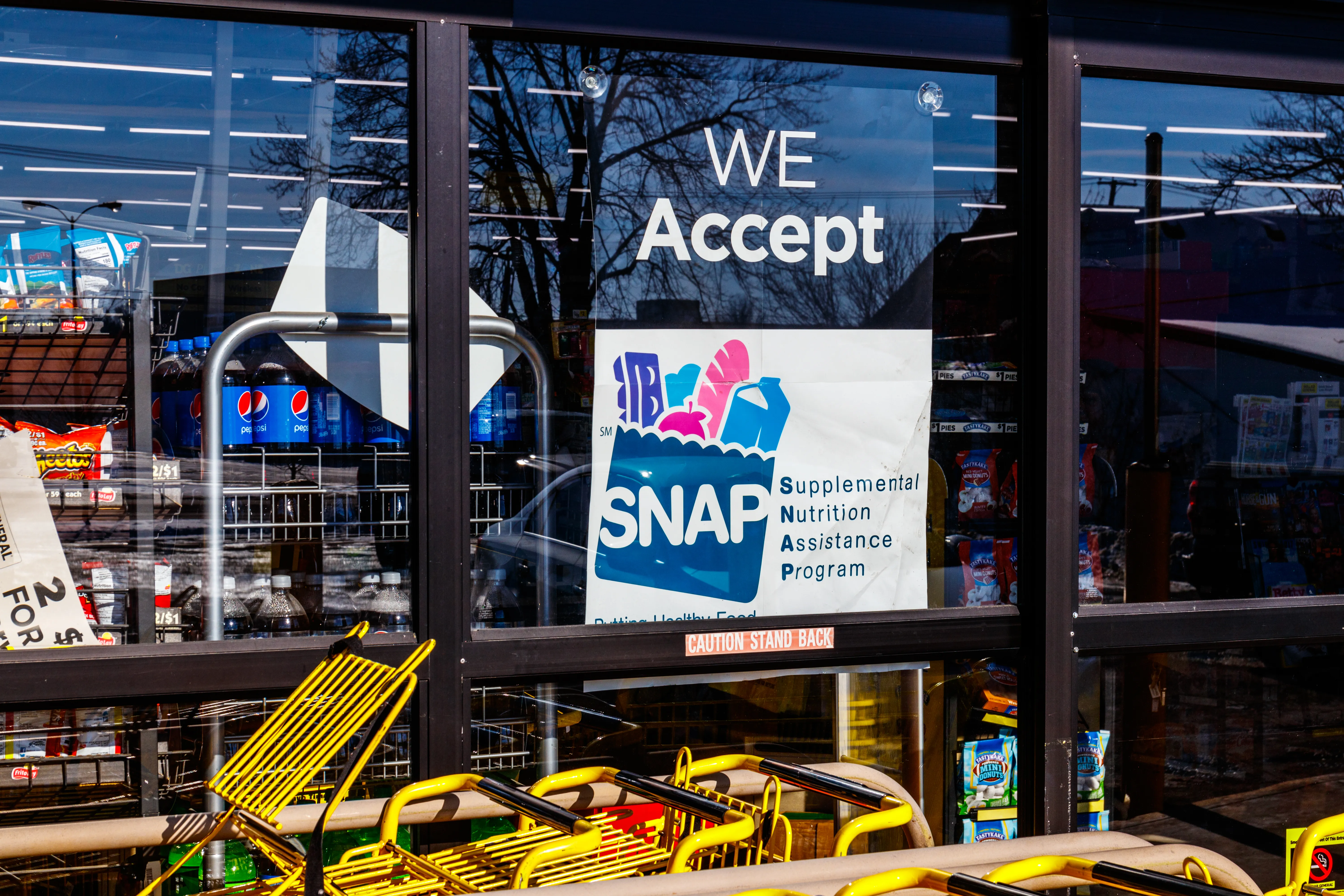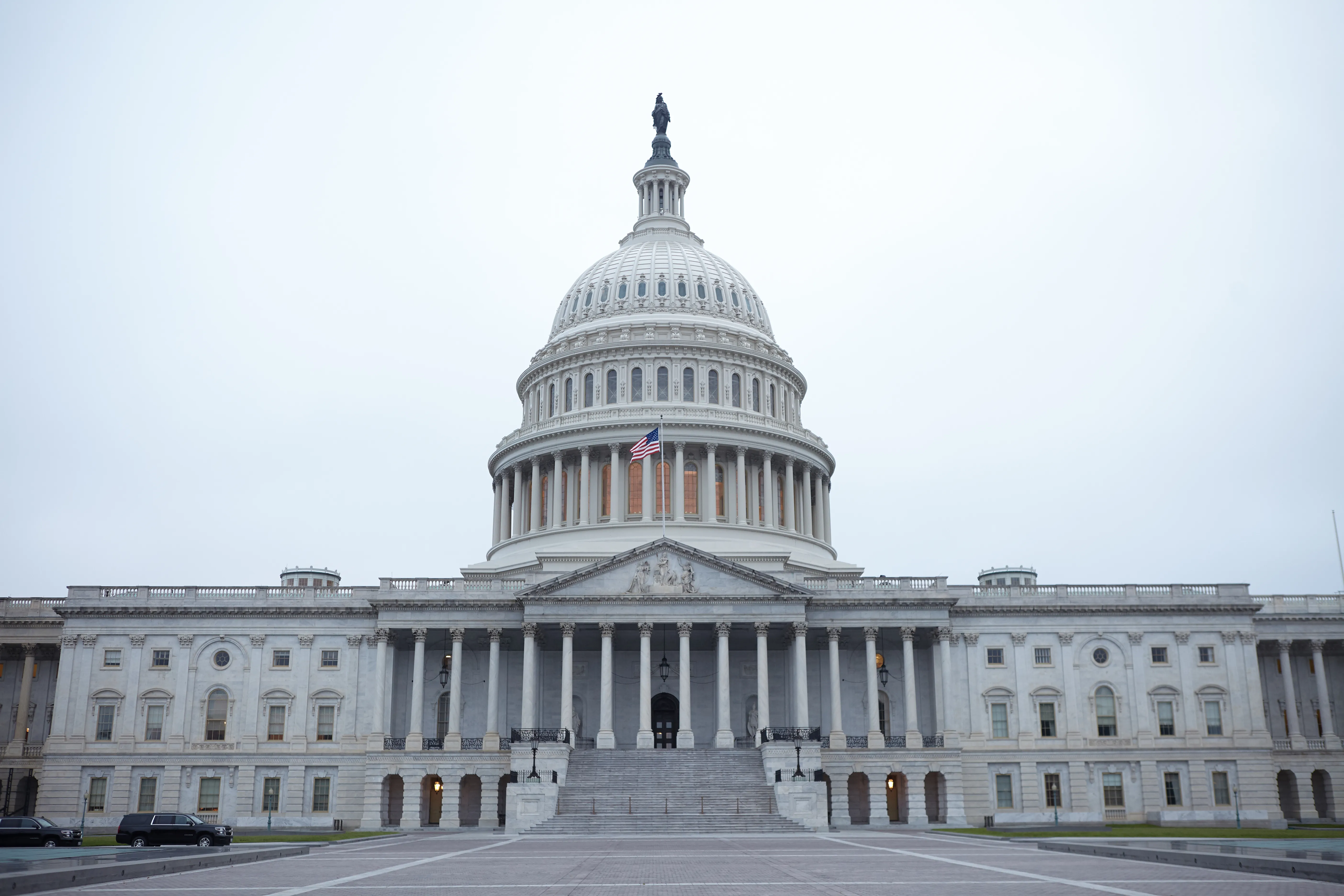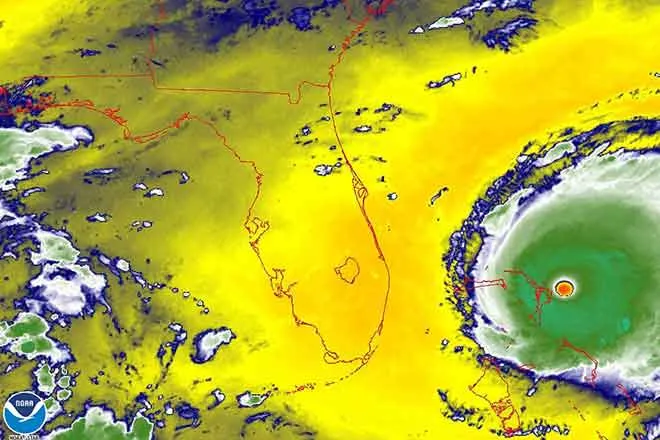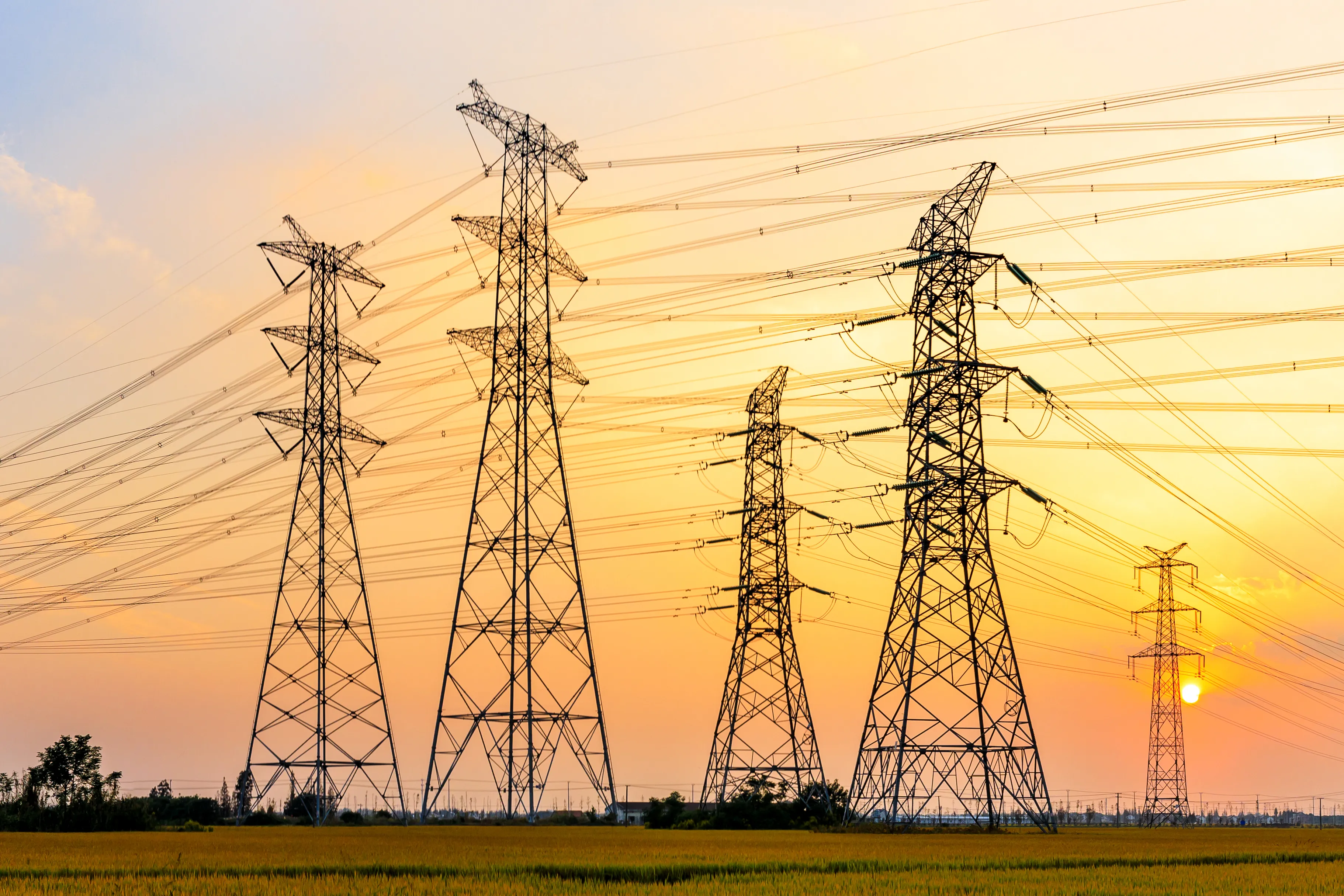
Study: New Hampshire an 82% demographic match with U.S.
By Ted O'Neil | The Center Square
As was the case with Iowa, which held its caucuses to kick off the 2020 election season Monday night, New Hampshire has come under fire from some Democrats for not being diverse enough to hold the nation’s first primary Tuesday.
For example, three of the last four Democratic presidential hopefuls to drop out – California Sen. Kamala Harris, former San Antonio Mayor Julian Castro and New Jersey Sen. Cory Booker – were candidates of color. California businessman Andrew Yang is the only remaining minority candidate.
But a new study from WalletHub shows New Hampshire has more in common with the rest of the country than some think.
The group looked at 31 metrics to compare New Hampshire’s demographic and public opinion likeness to the country and found its Overall Resemblance Index to be 82 percent. The same index for Iowa was 89 percent.
Among the main findings, New Hampshire scored 84 percent on sociodemographics, 89 percent on economics, 92 percent on education, 61 percent on religion and 84 percent on public opinion.
The Granite State least resembles the rest of the country in terms of race, with a 41 percent difference; religious composition, 58 percent difference; belief in God, 60 percent difference; and importance of religion in one’s life, 64 percent difference.
The areas where New Hampshire most resembles the U.S. is the ratio of part-time to full-time employees at 99.5 percent similarity, and average workweek length and household makeup, both at 99.2 percent similarity.
Further, WalletHub found that the outcome of the New Hampshire primary is far less important among Democrats than among Republicans. Only 60 percent of Democrats who have won there have gone on to win their party’s nomination, compared to 80 percent for Republicans.
Morgan Marletta, an associate professor of political science at the University of Massachusetts-Lowell, told WalletHub that New Hampshire’s size – about 1.6 million people – and status as the second state to vote mean candidates have to campaign differently there.
“In the two intense campaigns of the early states, citizens have much more face time that enables them to sniff out the weakness of candidates,” he said. “Unlike in other states, voters or caucusers have often met and spoken directly with the candidates. The campaigns are much more personal, and the judgements may differ compared to voters who only see someone on video.”
Marletta also noted New Hampshire’s lack of racial diversity as one reason fewer Democratic primary winners there go on to secure their party’s nomination compared to Republicans.
“The problem for the Democratic ticket is the lack of the African-American voters who form a decisive part of the Democratic coalition,” he said. “In 2016 Bernie Sanders won New Hampshire, but Hillary Clinton had far more support from black voters as the campaign went on. In 2008 it was the reverse, with Clinton winning the state but Barack Obama gaining more support down the line.”

